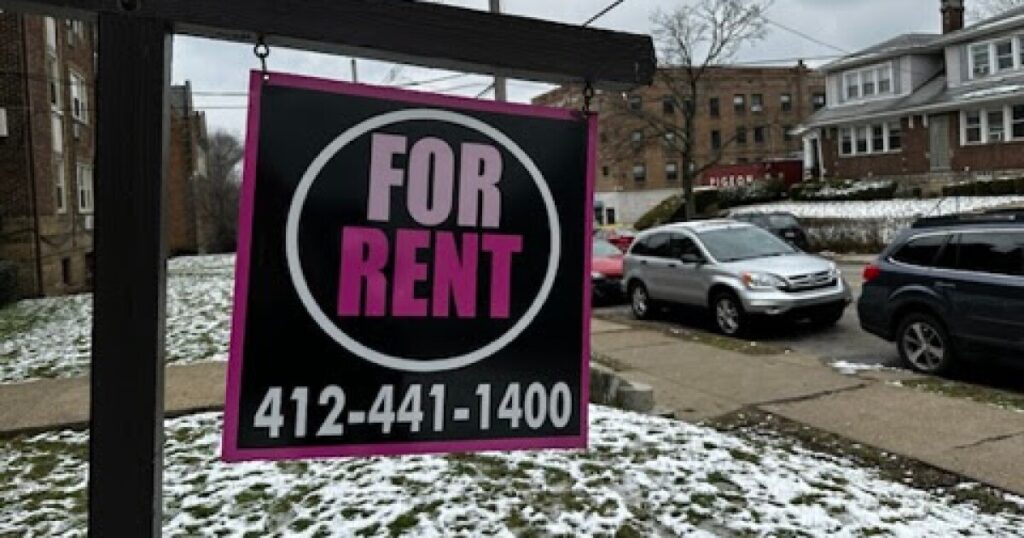While the rental regulation changes approved Wednesday by the Allegheny County Board of Health were uncontroversial, the meeting foreshadowed the possibility of larger and more controversial reforms.
These are the first updates to the Rental Housing Code approved by the Board of Health since 1997. Allegheny County has more than 360,000 renters, according to 2021 Census data cited by the health department. The goal was to align county regulations with industry standards and clarify responsibilities for landlords and tenants, department officials said.
However, the Board of Health postponed the creation of the Housing Advisory Committee. Supporters say it would give tenants more of a say in the regulation and enforcement of the rental market.
Kevin Quisenberry, litigation director for the Community Justice Project, part of the Pennsylvania Legal Aid Network, said Department of Health officials and the board began discussing updating the bylaws last spring, and that they are more determined. He said there was time to take action.
Quisenberry works with low-income residents on housing issues, including issues related to safety and livability. He said the Housing Advisory Committee will be a valuable partner in “transforming housing and community environment programs into more proactive systems that better protect public health over time.”
While some commissioners are open to establishing such a commission, health department officials say creating a commission would require multiple consultations across county government because housing falls under the purview of various departments. warns that stakeholder input is needed. But Tim Murphy, the health department's housing program manager, said even bigger changes could be coming in the coming months and years.
“We currently have a team working hard on changes and updates to this program, and we are very excited about how far we can take this,” Murphy said. “I completely understand that this is the first step towards that goal.”
Updates to safety standards have also been made, including the installation of deadbolts on front doors and the installation of carbon monoxide detectors on each floor of properties with a high risk of CO2 exposure. This includes homes with gas-burning appliances, homes with attached garages, etc. fireplace. Murphy said 11 people died from carbon monoxide exposure in Allegheny County between 2016 and 2020.
Earlier this week, Ed Benz, president of the Pittsburgh-based landlord group Active Community Real Estate Entrepreneurs, told WESA that the code revisions are common sense updates. But he opposes more aggressive policies, such as creating a housing advisory committee.
“Based on my experience on other advisory boards, it's usually the humans who hold the grindstone. It adds another layer of bureaucracy,” said Benz, who owns nearly 100 cars.
Future regulatory changes will be shaped by the new director of the Department of Health. The position will be led by an interim director for 14 months, but former County Executive Rich Fitzgerald chose to leave the position vacant in the final year of his term.
Health committee member Edith Shapira said during Wednesday's meeting that the hiring committee will soon begin reviewing applications and scheduling interviews for the new director, who has a salary of $275,000.
Shapira said she expects the board and new County Executive Sara Inamorato to discuss the final candidates this spring and make a hiring decision soon after. Affordable housing was a key element of Inamorato's campaign.
Kate Giammarise contributed to this article.


